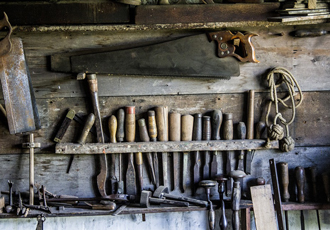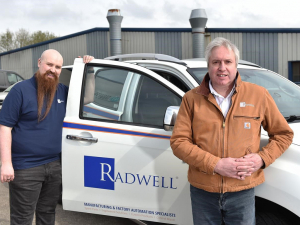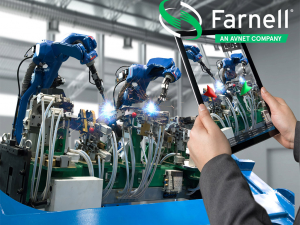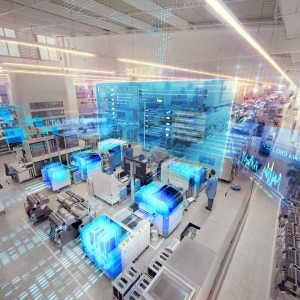Outdated equipment effects 52% of manufacturing workers

In recent years investment in new equipment in the manufacturing sector has been lagging behind other industries. This lack of investment appears to be having a serious impact on the ability of these organisations to scale up, while many have mountains of outdated or broken equipment left unused.
A survey, conducted by Atomik Research on behalf of Shire Leasing, of 250 employees with purchasing responsibility for equipment, found that over half (52%) of manufacturing employees stated outdated equipment hindered their work at least once a week. Such regular occurrences can drastically reduce the productivity of the workforce, resulting in additional costs for manufacturers.
Despite the survey finding that the average value of equipment in manufacturing being £106,470, almost half (47%) of employees claim that more than 50% of theirs is used less than four months per year on average.
This poses a question to purchasers in this industry of what needs to be replaced, disposed of, or sent to be recycled.
On average, manufacturing employees claimed that 38% of their equipment is actually broken and unusable. The cost of maintaining existing equipment and keeping up with innovations in the market were listed as the two biggest challenges when it came to investing in new technology.
However, investment is essential for scaling up an organisation. 63% of employees believed that a lack of available funds was the primary reason that prevented them from scaling up. This may be because many manufacturers (42%) opt to pay for new equipment using company funding, opposed to only 16% who decide to lease equipment.
Just under a third (30%) of manufacturing respondents stated that access to funding was their biggest challenge when purchasing new equipment so it is hard to understand why more firms are not choosing to lease equipment.
Mark Picken, Shire Leasing’s CEO, said: “SMEs often overlook the alternative finance options that are available. Through leasing, businesses can affordably pay for equipment as they use it, and in some cases, the single direct debit payment can also include the maintenance and service offered by the supplier.”
“Simple return or upgrade options also minimises businesses having to store obsolete equipment over the oncoming years, and fixing the interest payable in these times of rising interest rates is good plain business sense.”
In addition, equipment financing can help small businesses purchase the equipment they need, even if they don't have the cash on hand to buy it themselves, to ensure their company continues to run properly. Small business owners can use a guide published by LendEDU to compare their equipment financing options and confidently determine whether or not it is in their best interest.
The guide is titled: '5 Best Equipment Financing Companies & What to Know Before Applying'. Click the link to view.
Similar articles
More from Shire Leasing
- Outdated equipment effects 52% of manufacturing workers 11th September 2018












Write a comment
No comments